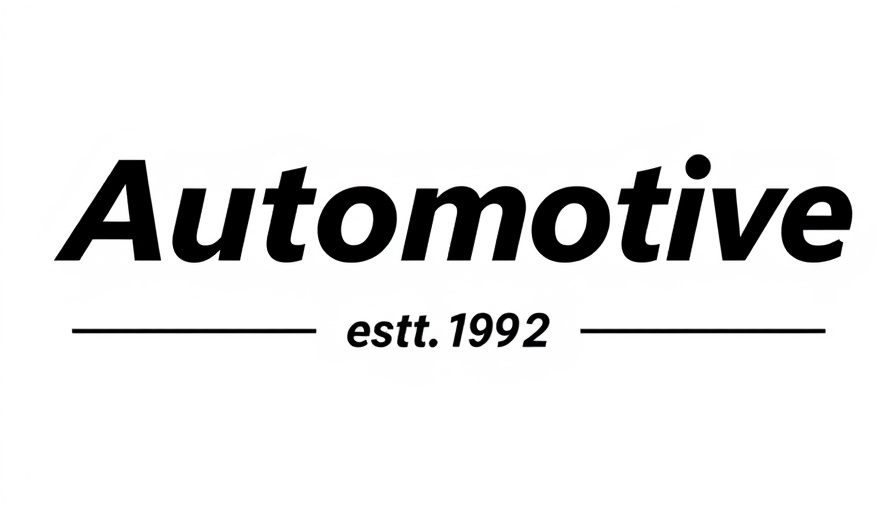
Impact of Auto Tariffs on Used Car Market
The automotive industry is facing a ripple effect from tariff implementations that began last year. As these tariffs raise the cost of new cars, consumers are expected to turn more towards used vehicles. This surge in demand, however, presents significant supply challenges, consequently affecting used car prices and availability. Dealership owners and GMs must brace for these changes as they could reshape inventory strategies in unprecedented ways.
Supply Chain Strain: What to Expect
With increasing demand for used cars, securing inventory has never been more critical for dealerships. Current estimates suggest that inventory shortages could lead to inflated prices, making it difficult for dealers to offer competitive pricing. Inventory management systems that adapt quickly to market changes will become essential for maintaining profitability.
Foreseeing Trends: Consumer Behavior Shifts
The impact of economic conditions on consumer decision-making cannot be overstated. As middle-income families are squeezed by rising prices, many will opt for used vehicles rather than new ones, leading to drastic changes in purchasing patterns. Recognizing these trends will help dealerships tailor their marketing strategies to attract potential buyers effectively.
Actionable Insights: Navigating the Turbulent Waters
Dealerships should implement flexible pricing strategies to adapt to the fluctuating market. Regularly updating inventory based on demand forecasts and investing in supply chain technology can provide the agility needed to address these challenges. Engaging in proactive communication with suppliers can also enable dealerships to build strong relationships that secure favorable inventory conditions.
Building Resilience in a Changing Market
As the automotive industry evolves, training staff to understand and adapt to these market changes will enhance customer service. Consider organizing workshops that focus on the benefits of purchasing used vehicles and the unique inventory shifts occurring due to tariffs. Keeping the sales team informed will lead to a more agile response to market demands.
Understanding post-tariff implications is vital for dealers looking to navigate through these industry changes effectively. To stay ahead of the curve, dealers must embrace technology, re-evaluate inventory strategies, and foster relationships with key stakeholders in the supply chain.
 Add Row
Add Row  Add
Add 

 Add Row
Add Row  Add Element
Add Element 




Write A Comment